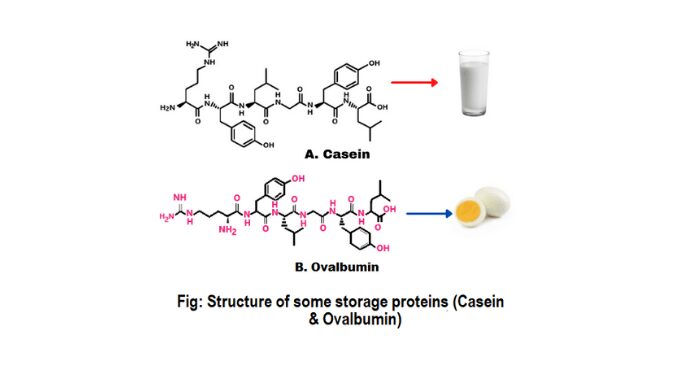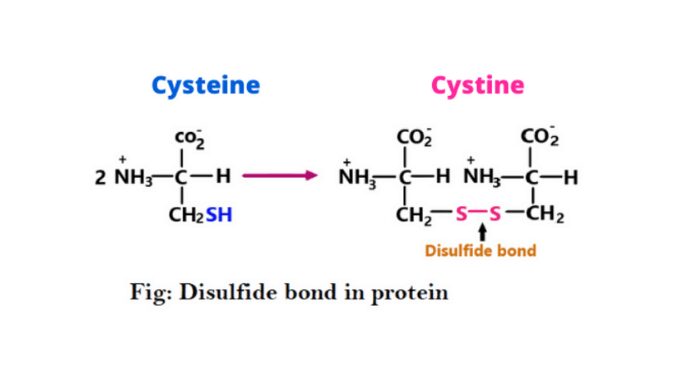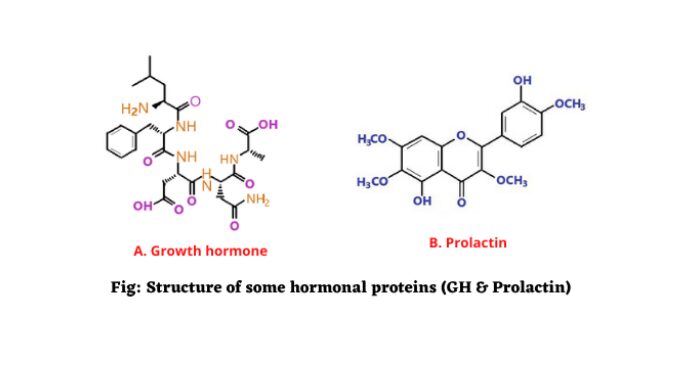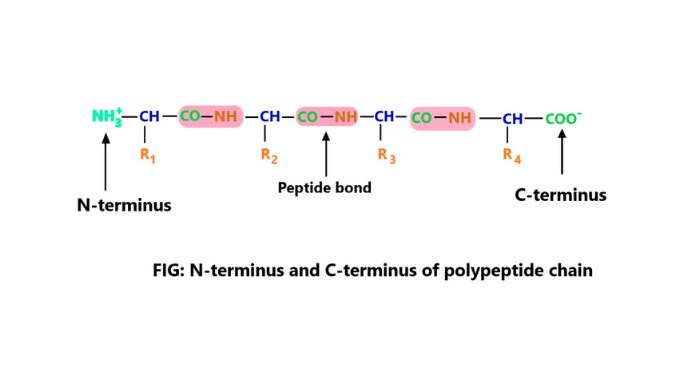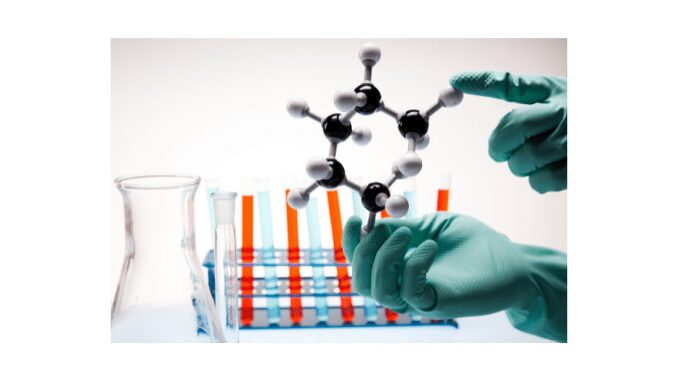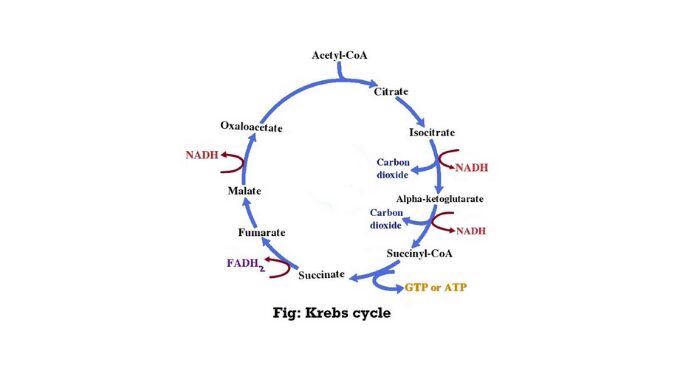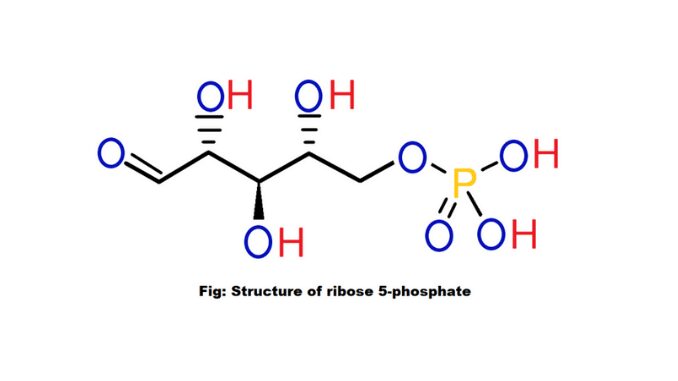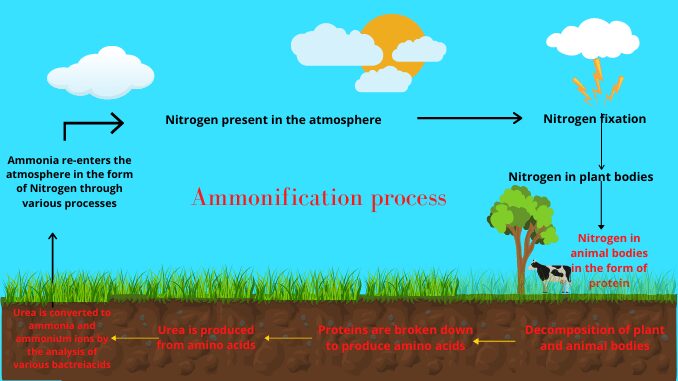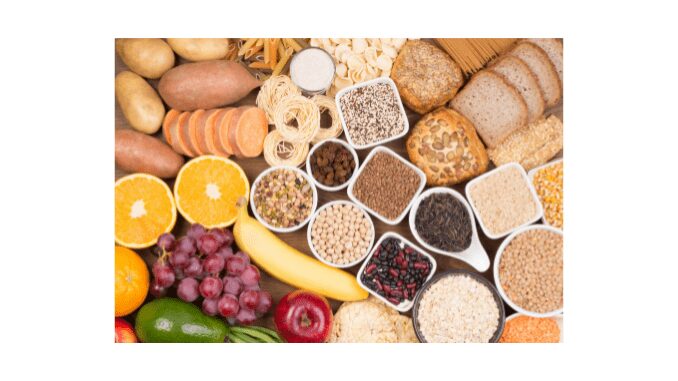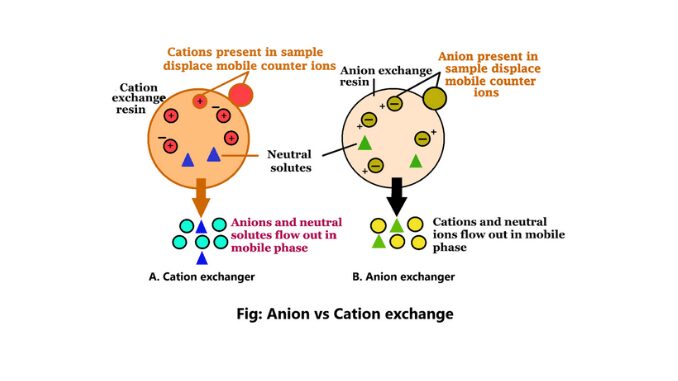Storage proteins structure and functions
Introduction Storage proteins are a type of protein that acts as a reservoir of metal ions and amino acids, which can be combined and used for maintenance and growth. Proteins are classified according to their structure, origin, and function. Protein is a type of large organic molecule, consisting of a chain of one or more […]
Storage proteins structure and functions Read More »

